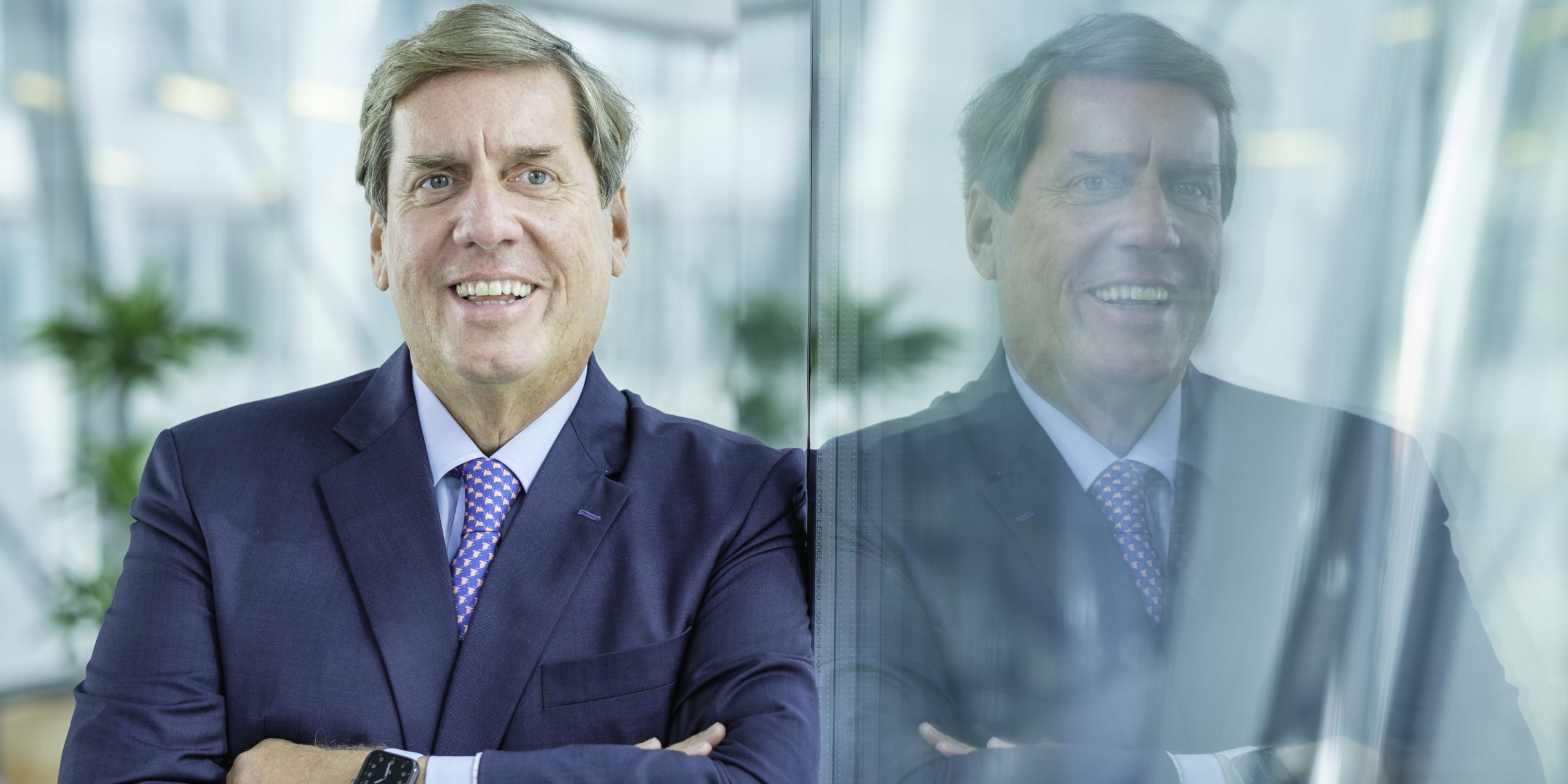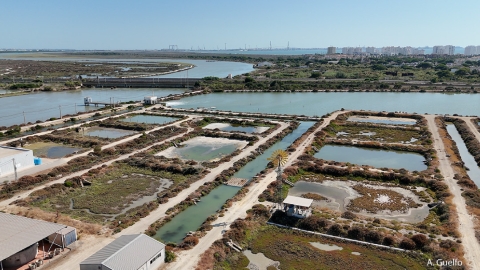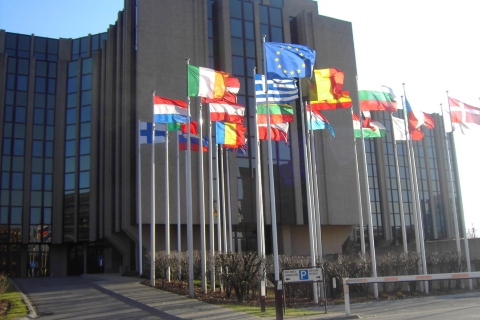
Recently, the European Parliament debated a Commission proposal aimed at ensuring animal welfare during transport. In this context, Spanish MEP Gabriel Mato, currently chairing the Fisheries Committee, voiced his concerns that the new regulations might "jeopardise the economic viability and competitiveness of European Union fishermen and aquaculturists."
He further argued that "we should not impose additional burdens on European operators who already contend with excessive bureaucracy and a lack of competitiveness, particularly against imported products."
Mato emphasised that the focus should be on strengthening import regulations rather than imposing more constraints on EU operators because this would "only lead to an increase in imports from countries with far lower standards of animal welfare and sustainability."
According to the MEP, the measures must also take into account the geographical and climatic limitations of various Member States, especially the outermost regions. It is essential, he noted, to "find a balance that enhances animal welfare without compromising the safety and future of operators."
It is worth noting that this debated regulatory proposal aims to include aquatic animals for the first time, sparking a vigorous discussion on its impact on the fisheries and aquaculture industry.
Among other elements, this regulation seeks to extend welfare protections to aquatic animals during transport, acknowledging that, like terrestrial animals, they too experience pain and stress. The goal is to minimise the transport of live animals and to encourage on-site slaughter whenever possible, to alleviate suffering over long distances and to enhance the sustainability of transport practices.



